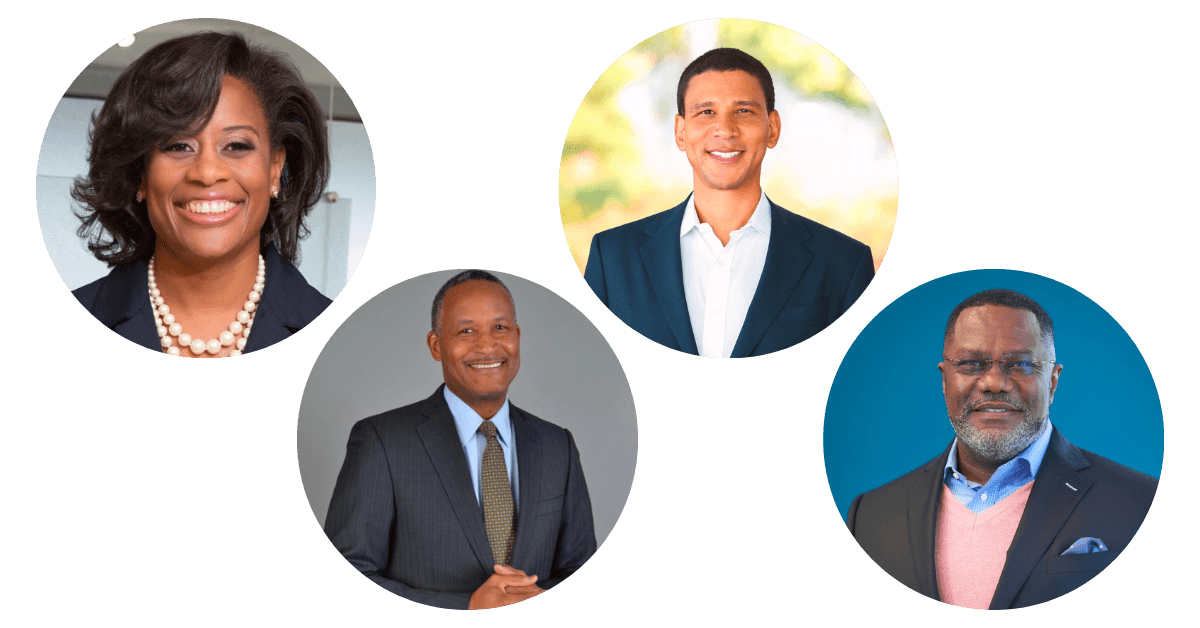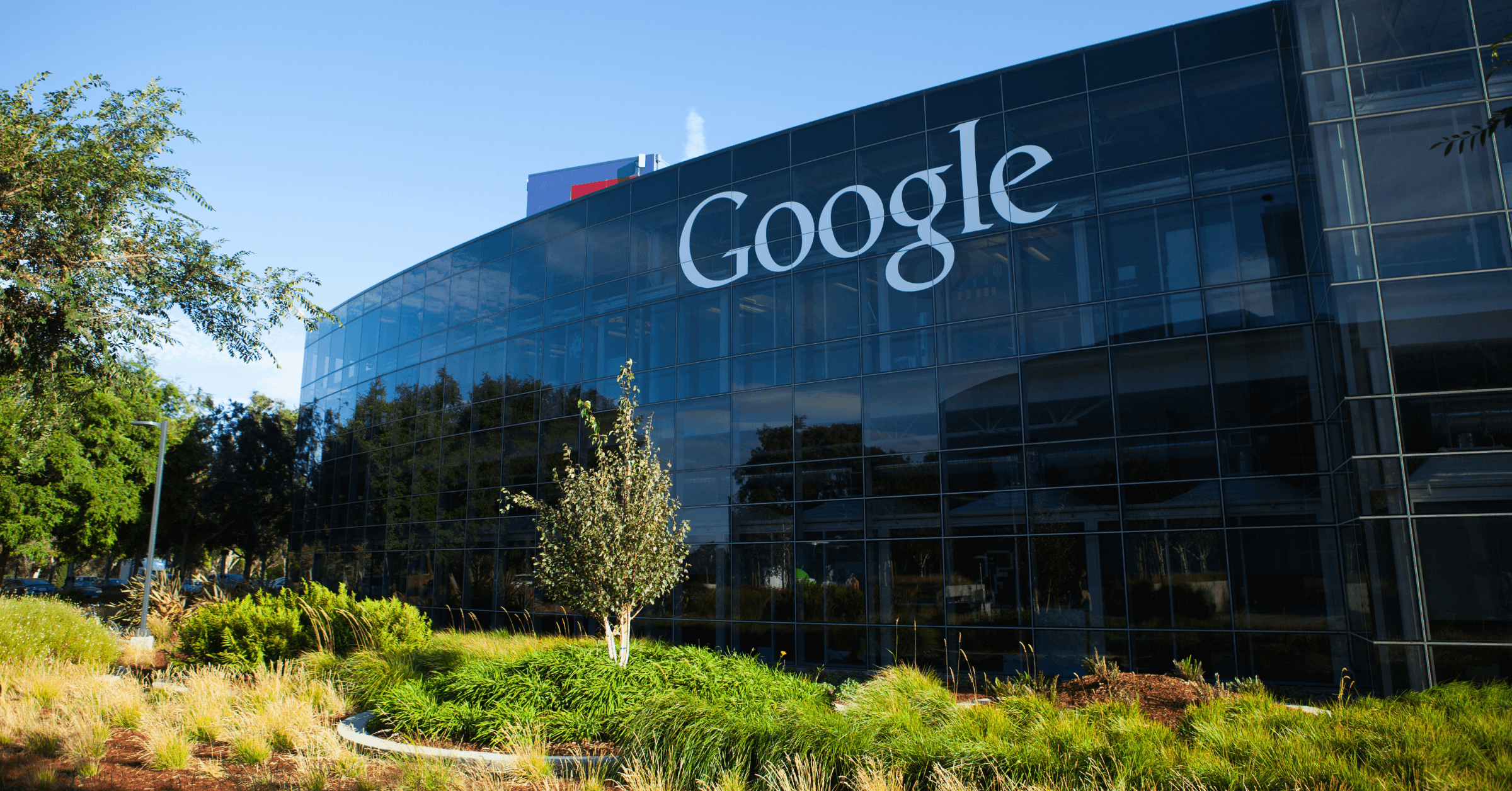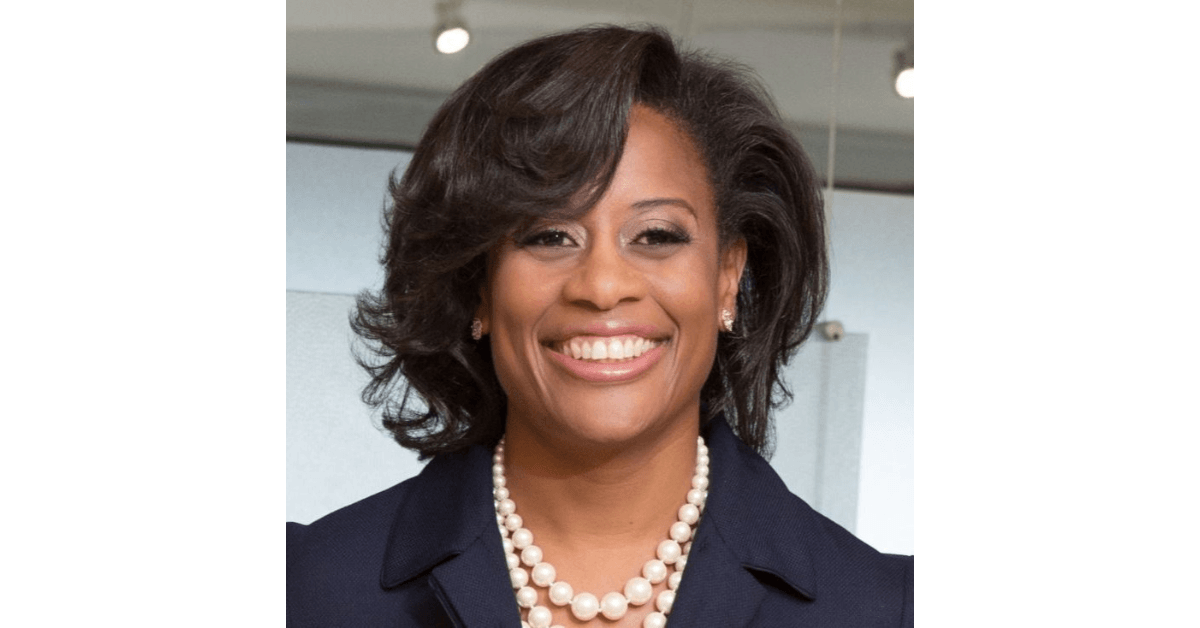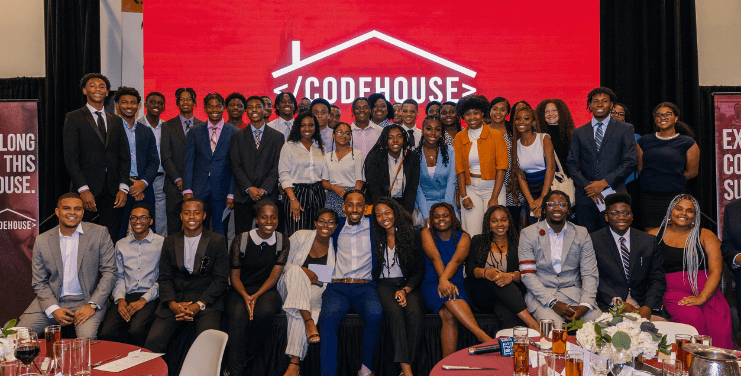KEY INSIGHTS
- New documents disclose among the Facebook papers detail discrimination affecting Black users and workers
- Facebook settled a $14.75 million lawsuit for discriminatory hiring claims.
- Global news markets are left out of Facebook papers discussions.
The release of the Facebook papers revealed a pattern of igniting hate speech and social issues and a number of violations negatively impacting Black users specifically. As more information comes to light, the social media platform is under fire despite new rebranding announcements.
The Facebook papers are a series of redacted documents shared from Congress after whistleblower Frances Haugen, a former Facebook product manager, disclosed them to the Securities and Exchange Commission (SEC). Hauge believes that the data and testimonies prove that Facebook leaders held the company’s image above the public good. Internal documents first emerged in September from a Wall Street Journal database. The source reveals internal research findings and internal audits performed by the company. The documents disclose Facebook amplifying hate speech trends and discouraging equal opportunity employment.
Last year, Facebook identified hate speech and violent posts three days after the murder of George Floyd, according to an Associated Press report. The Facebook fourth-quarter report shows a lack of policy transparency by using the same policies for both Facebook and Instagram. The posts increased when former President Donald Trump posted a warning that looters would be shot. The report notes that Facebook’s automated controls, to detect posts that violate rules, predicted with almost 90 percent certainty that Trump’s message violated the company’s rules. Facebook CEO Mark Zuckerberg left Trump’s message up explaining that it didn’t break any company policies.
Zuckerburg’s response contradicts his discussions with civil rights leaders dismissing Trump’s messages as a direct result of Black Americans protesting George Floyd. Rashad Robinson, the president of civil rights advocacy group Color of Change, describes being gaslighted by Zuckerberg denying the post’s violations. Color of Change was one of the few advocacy groups leading a Facebook boycott.
Black Facebook employees have also filed employment discrimination claims. Oscar Veneszee Jr., with Howard Winns Jr. and Jazsmin Smith both of who Veneszee recruited, filed a charge on behalf of all Black workers and applicants. The company’s latest diversity report shows four percent of employees are Black but only two percent hold a leadership role.
There have been issues between the company and its workers.
Facebook recently settled an almost $14.75 million lawsuit for discriminatory hiring claims by U.S. workers. In the Permanent Labor Certification Program (PERM), which allows U.S. employers to hire foreign workers, Facebook reserved jobs for temporary U.S. visa holders using the PERM program. The lawsuit alleged that the social media company was using recruitment methods to discourage U.S. workers. This lawsuit is repelling Black Americans from employment opportunities and equity with Facebook.
The Facebook Papers consortium, the group of news organizations that have been granted access to Haugen’s leaks, presumably by the public relations firm Bryson Gillette, is withholding the documents from international users.
According to a Wired report, Facebook’s worst human rights violations are happening in the global south. As criticism grew, companies like Gizmodo started sharing information with a few non-Western publications. The only non-western places publishing the Facebook papers were France’s Le Monde and Germany’s Süddeutsche Zeitung, according to a Google document of all the consortium’s stories curated by former Facebook employee Katie Harbath.
The Google document is currently listing sources from large U.S. media outlets. The people working on the consortium are making similar mistakes to Facebook. The Wired report recommends uncovering Facebook’s abuses by letting reports of these regions see the papers for themselves.
The papers could reveal data on internet use in African countries. The site’s Free Basic Program, lowering barriers to internet access across the world, is used in over 30 African countries. Facebook’s recent outage showed that over 90 percent of Africa countries use Whatsapp, a messaging app Facebook owns. Advocates quickly found the program to be “digital colonialism” as a way for people to connect with Facebook while undermining equal internet access. Last year, Facebook launched Discover, which allows people to view the entire internet, in countries like Chile and Eygpt.
Facebook papers are revealing the company’s human violations across the U.S., but global document restriction could reveal the impact of African countries heavily relying on internet access.
Sponsored Series: This reporting is made possible by the The Ewing Marion Kauffman Foundation
The Ewing Marion Kauffman Foundation is a private, nonpartisan foundation based in Kansas City, Mo., that seeks to build inclusive prosperity through a prepared workforce and entrepreneur-focused economic development. The Foundation uses its $3 billion in assets to change conditions, address root causes, and break down systemic barriers so that all people – regardless of race, gender, or geography – have the opportunity to achieve economic stability, mobility, and prosperity. For more information, visit www.kauffman.org and connect with us at www.twitter.com/kauffmanfdn and www.facebook.com/kauffmanfdn.








